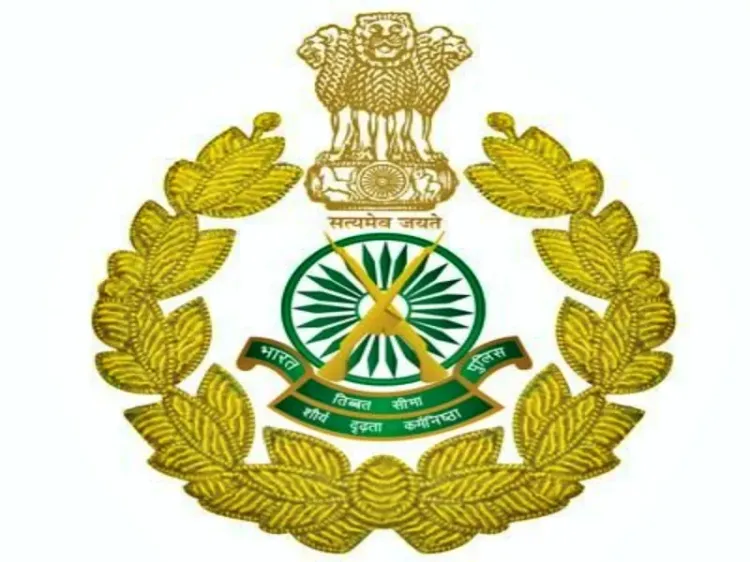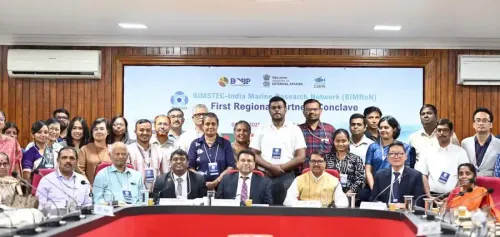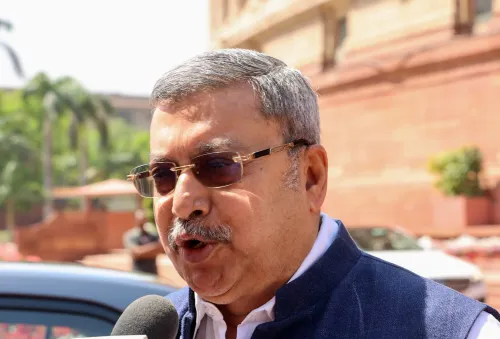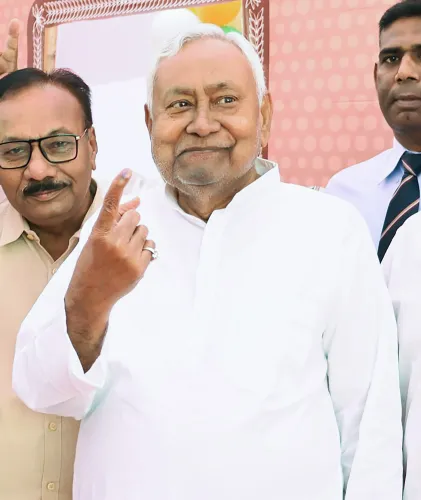Who are the new leaders appointed for ITBP and CISF?

Synopsis
Key Takeaways
- Praveen Kumar appointed as ITBP DG.
- Praveer Ranjan appointed as CISF DG.
- Both appointments are effective pending retirements of current leaders.
- Strategic leadership expected to enhance border management and industrial security.
- Government emphasizes continuity in security force leadership.
New Delhi, Sep 19 (NationPress) In a significant move for the leadership of India’s paramilitary forces, the Appointments Committee of the Cabinet has sanctioned two prominent appointments within the Indo-Tibetan Border Police (ITBP) and the Central Industrial Security Force (CISF).
These changes coincide with the upcoming retirement of the current leaders of both organizations at the end of September 2025.
Praveen Kumar, an IPS officer from the 1993 batch of the West Bengal cadre, has been designated as the new Director General of ITBP.
He is currently positioned as the Special Director in the Intelligence Bureau and will assume leadership from Rahul Rasgotra, an IPS officer from the 1989 batch of the Manipur cadre, who is due to retire on September 30.
Kumar’s term will last until his retirement on September 30, 2030, or until further notice.
Renowned for his strategic insight and extensive background in intelligence operations, Kumar is anticipated to enhance ITBP’s focus on border management and counter-insurgency initiatives along India’s Himalayan borders.
Concurrently, Praveer Ranjan, also from the 1993 batch but of the AGMUT cadre, has been promoted to Director General of CISF.
Ranjan is currently the Special Director General within the same agency and will succeed Rajwinder Singh Bhatti, a 1990 batch IPS officer from the Bihar cadre, who is likewise set to retire on September 30.
Ranjan’s appointment will remain effective until July 31, 2029, the date of his retirement, or until further orders.
With a robust foundation in industrial security and public safety, Ranjan is expected to guide CISF’s growing responsibilities in safeguarding essential infrastructure and high-value assets nationwide.
These appointments underscore the government's dedication to maintaining continuity and operational excellence in two of India’s most crucial security forces.
The official announcement was made by Sakshi Mittal, Director in the Appointments Committee of the Cabinet, under the Ministry of Personnel, Public Grievances, and Pensions.
As leadership transitions to these seasoned professionals, both ITBP and CISF are ready to embark on a new phase characterized by experience, stability, and strategic vision.









